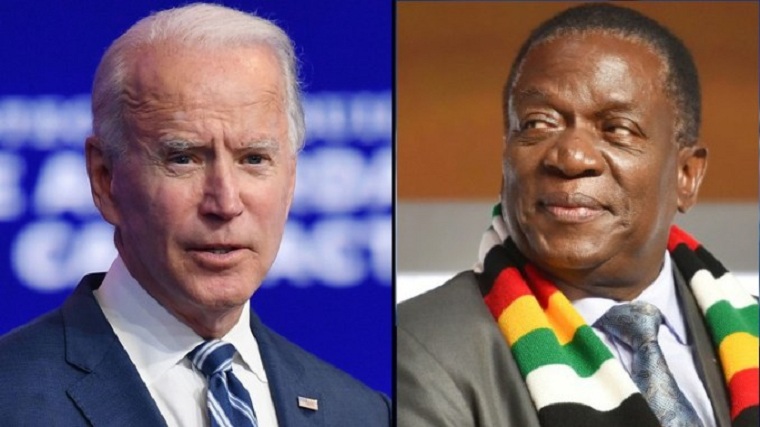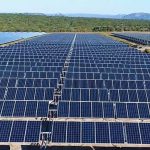Here are 10 things to know about China’s role in Africa, how it impacts U.S. interests and what Africans want from U.S. policy.
- The U.S.-Africa Leaders Summit is overdue and welcome.
China has been holding the Forum on China-Africa Cooperation every three years since 2000, which is widely seen as an important means of advancing Chinese diplomatic and commercial interests. Other nations hold Africa summits too, including Russia, Turkey and Japan. This is only the second Africa summit held by the United States, the first occurring in 2014. While summits receive some criticism for not producing concrete results, there is reason to hope that this summit will be impactful. For example, its Business Forum’s “deal rooms” will announce commercial transactions involving U.S. and African companies, some backed by U.S. government agencies. The summit is an important symbol of the value the U.S. places on its African relationships — African leaders have responded well, with nearly every invited leader expected to attend.
- China has systematically increased its involvement in Africa for over 20 years now.
China’s activities in Africa began with Beijing’s support of liberation movements fighting colonial rule. Beginning in the late 1990s, China’s commercial engagement intensified, being formalized in 2013 with the Belt and Road Initiative, a well-resourced effort to build political influence and grow commercial relationships throughout the developing world. Key activities include lending for infrastructure development engineered and constructed by Chinese companies and resource extraction by Chinese mining and energy firms. While certain countries, including Ethiopia, Angola and Zambia, have been a priority, China has grown its presence in most every African country. Over the decades since the Cold War, Chinese influence in Africa has increased significantly, while U.S. influence has flatlined.
- China has far surpassed the U.S. as an economic player in Africa.
China is Africa’s largest two-way trading partner, hitting US$254 billion in 2021, exceeding by a factor of four U.S.-Africa trade. China is the largest provider of foreign direct investment, supporting hundreds of thousands of African jobs. This is roughly double the level of U.S. foreign direct investment. While Chinese lending to African countries has dipped of late, China remains by far the largest lender to African countries. It is to be expected that China’s commercial activity in Africa would increase with the dramatic rise of its economy to become the second largest in the world, especially given China’s need for raw materials to support its very large manufacturing base. But this growth also represents a determined Chinese government-driven effort to make significant inroads in Africa.
- Not every Chinese engagement in Africa is worrisome.
U.S. officials have expressed concern over China’s military activities in Africa. In 2017, China completed its first overseas military base in Djibouti. There have been reports of China looking to build naval bases on Africa’s Atlantic Ocean coast, including in Equatorial Guinea, where Chinese companies have constructed and upgraded port facilities. Equatorial Guinea is indebted to China, raising speculation of Beijing using its economic leverage to acquire a port, which rightly concerns the Pentagon. This led the Biden administration to ramp-up engagement with Equatorial Guinea.
Potential Chinese military ports on the Atlantic Ocean are very different, however, than the hundreds of Chinese-financed and built infrastructure projects throughout Africa, with little or no national security consequence. The United States should focus its diplomatic energy on challenging truly sensitive Chinese activities, involving telecommunications and strategic minerals, for example. A U.S. message that all Chinese economic activity in Africa is concerning confuses the issue and is self-defeating, as China will remain a major player in Africa. It also lands flat with Africans who strongly desire greater trade and investment.
Continued next page
(270 VIEWS)


